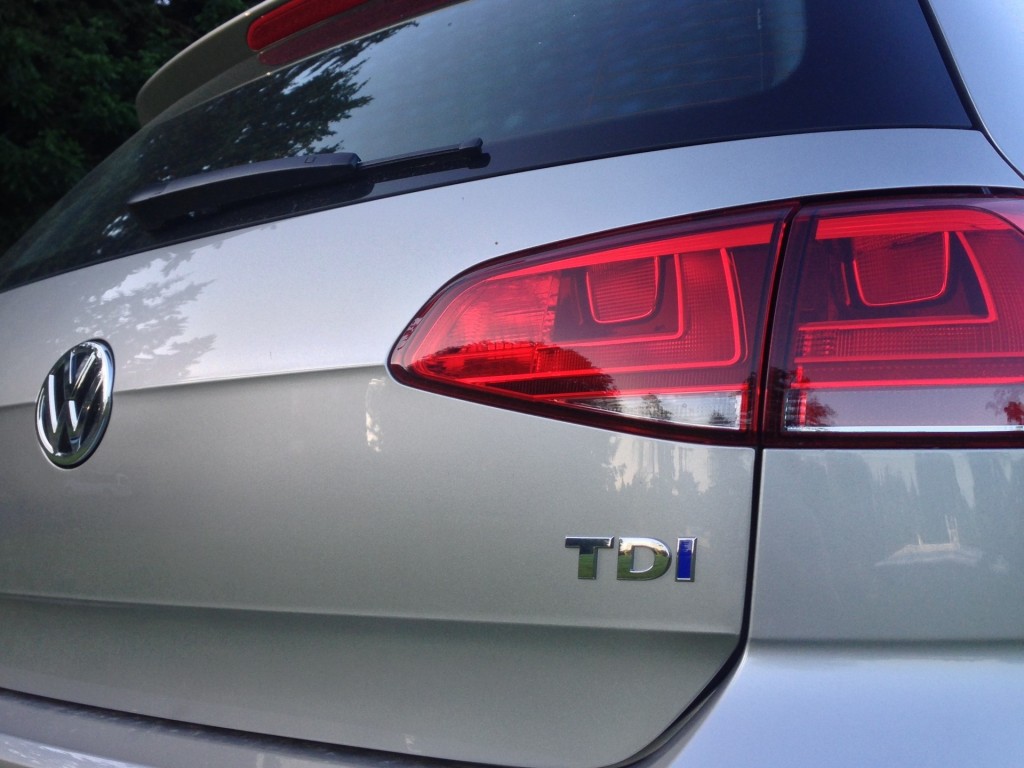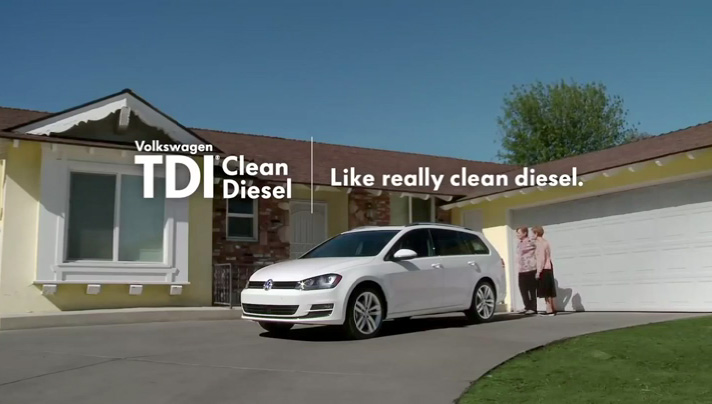Are there many different ways to reduce the carbon associated with road vehicles?
Or are electric vehicles the best and only viable way to proceed?
That's the debate at the heart of two different reports on Volkswagen's recent actions in Europe this week.
DON'T MISS: VW settlement with EPA announced over diesel emission scandal
At the company's annual meeting earlier this week, VW Group CEO Matthias Müller reiterated the company's plans to "make electric cars one of Volkswagen's new hallmarks."
The company will have 20 new models that plug in by 2020, he said, according to a report in The Telegraph, a British newspaper.
Its most immediate priority, he said, is to recall and modify all the diesel cars that were rigged to cheat on emission testing both in the EU and North America.

2015 Volkswagen Golf TDI SE
The company will apparently be required to offer to buy back all 482,000 of its 2.0-liter TDI diesel vehicles sold in the U.S. since 2009, but the final terms of a settlement with the EPA won't be released until June 24.
Indeed, virtually every VW press release over the last few months has focused either on the company's efforts to address the expanding diesel scandal or touting its future lineups of electric and plug-in hybrid models and concepts.
But at the same time, the company is participating in the Auto Fuels Coalition, which urges much greater use of biofuels to reduce net carbon emissions from transport within Europe.
CHECK OUT: Volkswagen Budd-e Concept: 373-Mile, All-Electric Van Signals The Future
A study commissioned by the coalition—which includes Shell Oil as a member—and conducted by consultant Roland Berger uses highly pessimistic assumptions about the rates of electric-car adoption in Europe.
Its proposals include expanded use of biofuels, clear labeling of every vehicle's carbon-dioxide emissions, and greater use of the EU's carbon-emission trading system.
Ulrich Eichhorn, newly named head of research and development efforts at VW Group, said that plug-in vehicles were "building blocks" toward future low- and zero-emission transport, but that expanded biofuel use would also be required to meet aggressive EU carbon-reduction goals for 2025 and 2030.

Biofuel crops (photo: Texas A&M University biofuels research alliance)
An article in The Guardian, another British newspaper, suggests that the biofuel proposals would lead to "the end of meaningful new regulatory action on car emissions for more than a decade."
That statement and others in the same vein, however, are attributed only to "an EU source" by the newspaper.
The Roland Berger study includes assumptions that little public demand for plug-in cars will develop until renewable energy prices fall from their current levels and the EU has 5 million individual charging points for electric cars.
The debate comes down to an "all of the above" theory versus a focus on one single technology.
As in many such debates over future technologies to address global concerns, valid points exist on both sides.

Volkswagen TDI 'clean diesel' television ad screencap
Volkswagen, however, may find that no matter which way it positions itself, its actions over the last decade will make it the whipping boy for all sides.
What's that saying about karma again?
_______________________________________













